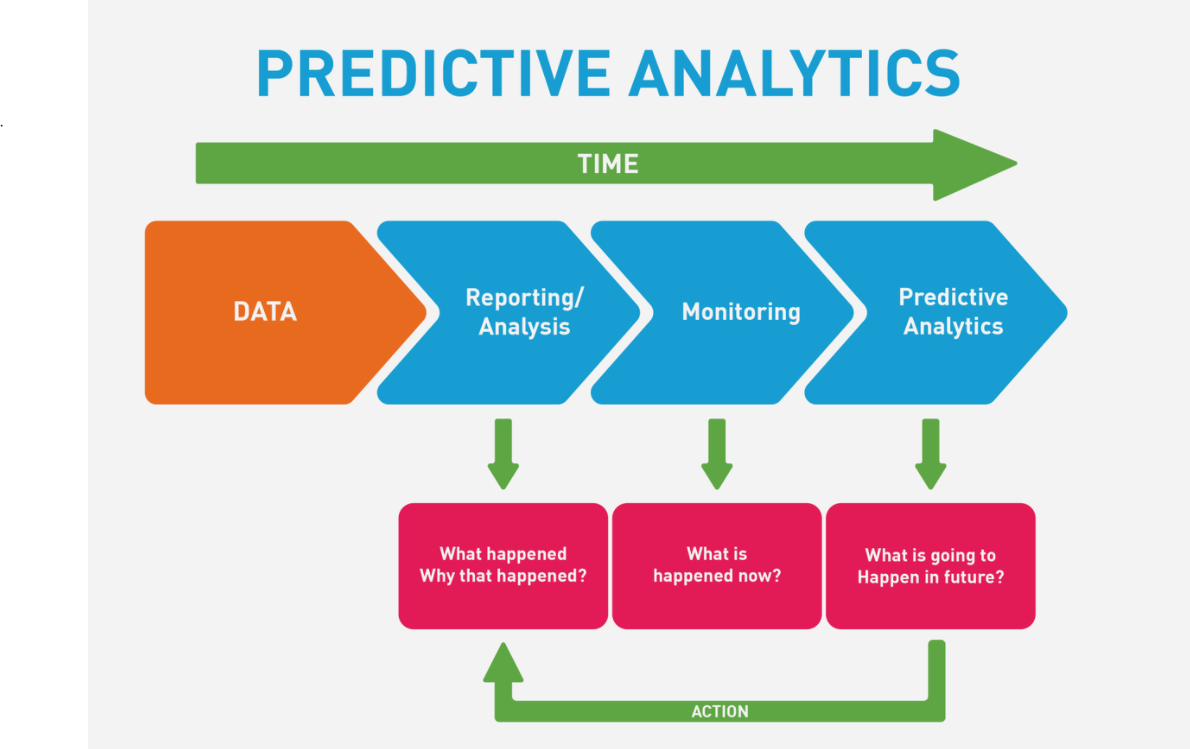Predictive Analytics Market Size and Share Analysis 2024-2032

Predictive Analytics Market Overview:
The Predictive Analytics Market has witnessed significant growth in recent years, driven by the increasing need for organizations to leverage data for informed decision-making. Predictive analytics involves using statistical algorithms and machine learning techniques to identify the likelihood of future outcomes based on historical data. This technology is being adopted across various sectors, including finance, healthcare, retail, and manufacturing, as businesses seek to enhance operational efficiency and improve customer experiences. The global predictive analytics market was valued at approximately $8.31 billion in 2024 and is projected to grow at a compound annual growth rate (CAGR) of around 23.86% from 2024 to 2032. Factors such as the proliferation of big data, advancements in artificial intelligence (AI), and the growing demand for real-time insights are propelling this market forward.
Market Key Players:
Several key players dominate the predictive analytics landscape, each contributing unique solutions that cater to diverse industry needs. Notable companies include IBM Corporation, which offers robust predictive analytics tools integrated with its Watson AI platform; SAS Institute Inc., known for its advanced analytics software; Microsoft Corporation, which provides Azure Machine Learning services; and SAP SE, offering comprehensive business intelligence solutions. Other significant players include Oracle Corporation, Tableau Software (a Salesforce company), QlikTech International AB, and TIBCO Software Inc. These companies continuously innovate their offerings through research and development initiatives while also forming strategic partnerships to enhance their market presence.
Get a Sample PDF of the Report at:
https://www.marketresearchfuture.com/sample_request/6845
Market Segmentation:
The predictive analytics market can be segmented based on deployment mode, organization size, application area, and region. In terms of deployment mode, solutions are available in cloud-based and on-premises formats. Cloud-based deployments are gaining traction due to their scalability and cost-effectiveness. Regarding organization size, both large enterprises and small-to-medium-sized enterprises (SMEs) are increasingly adopting predictive analytics solutions; however, large enterprises hold a larger share of the market due to their extensive data resources. Application areas include customer segmentation, risk management, fraud detection, supply chain optimization, and more. Each segment addresses specific business challenges by providing actionable insights derived from data analysis.
Market Drivers:
Several factors drive the growth of the predictive analytics market. The exponential increase in data generation across industries necessitates advanced analytical tools capable of processing vast amounts of information efficiently. Organizations recognize that leveraging historical data can significantly improve forecasting accuracy and operational performance. Additionally, the rise of AI technologies enhances predictive capabilities by enabling more sophisticated modeling techniques that can adapt over time as new data becomes available. Furthermore, regulatory compliance requirements in sectors like finance and healthcare compel organizations to adopt predictive analytics for better risk assessment and management.
Market Opportunities:
The evolving landscape presents numerous opportunities for stakeholders within the predictive analytics market. As industries continue to digitize their operations and embrace automation technologies like IoT (Internet of Things), there is an increasing demand for predictive models that can analyze real-time data streams effectively. Moreover, emerging markets in Asia-Pacific and Latin America offer untapped potential due to rapid economic growth coupled with rising investments in technology infrastructure. Companies focusing on developing user-friendly interfaces or specialized applications tailored for niche markets may find lucrative prospects as businesses seek accessible solutions that require minimal technical expertise.
Regional Analysis:
Geographically speaking, North America holds a dominant position in the predictive analytics market owing to its early adoption of advanced technologies combined with a strong presence of key industry players such as IBM and SAS Institute Inc. The United States government’s emphasis on digital transformation further accelerates this trend within various sectors including healthcare where patient outcomes can be improved through effective data utilization strategies. Meanwhile Europe follows closely behind driven by similar trends across industries alongside stringent regulations promoting transparency through enhanced analytical capabilities particularly within finance-related applications like credit scoring models or anti-money laundering efforts.
In contrast, Asia-Pacific is expected to witness substantial growth fueled by increasing investments from both private enterprises as well as governmental initiatives aimed at fostering innovation within technology sectors particularly India & China leading this charge towards modernization efforts across multiple domains including agriculture logistics, etc., thereby creating favorable conditions conducive towards widespread adoption rates seen previously elsewhere globally.
Get Complete Report Details:
https://www.marketresearchfuture.com/reports/predictive-analytics-market-6845
- Questions and Answers
- Opinion
- Story/Motivational/Inspiring
- Technology
- Art
- Causes
- Crafts
- Dance
- Drinks
- Film/Movie
- Fitness
- Food
- Oyunlar
- Gardening
- Health
- Home
- Literature
- Music
- Networking
- Other
- Party
- Religion
- Shopping
- Sports
- Theater
- Wellness
- News
- Culture
- War machines and policy

